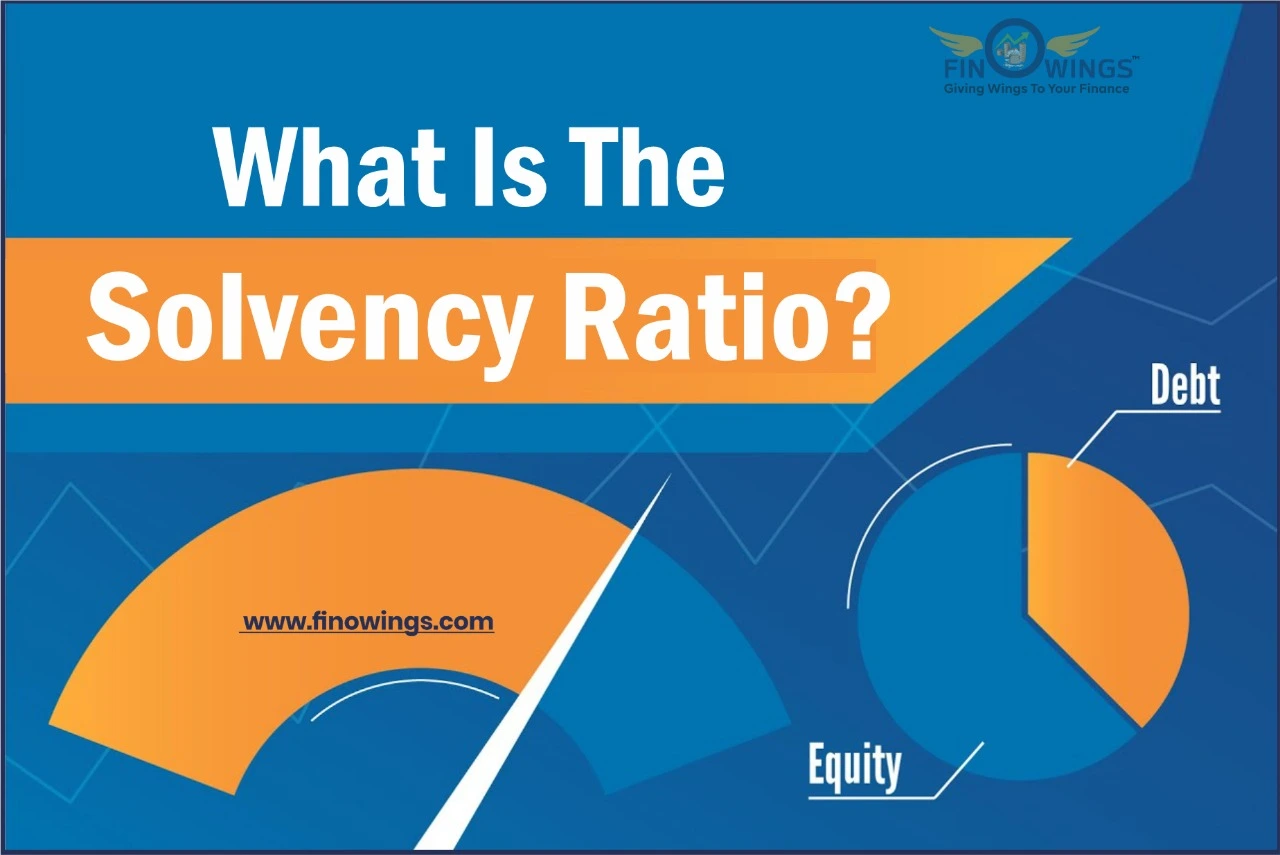Home >> Blog >> 10 Tips for How to Build a Successful Career In The Stock Market
10 Tips for How to Build a Successful Career In The Stock Market

Table of Contents
1. The Stock Market
The stock market offers an opportunity for a variety of exciting financial career prospects. Professionals in this industry who have a good deal of knowledge and skill can quickly generate enormous sums of money. If you're thinking about a profession in the stock market, it can be helpful to look at the range of positions available in this industry. The top 10 stock market careers, along with their possibilities and income potential, are examined in this post.
2. What types of careers are available in stock trading?
A stockbroker is among the well-known professions connected to the stock market. And they know the trading rule in the stock market. Brokers are professionals with an extensive understanding of the Golden rules for trading in the stock market and who work with customers to complete deals. Experts in stock trading have several other lucrative options in addition to brokerage. Data analytics, consulting, study, and services for portfolio management are a few of the most well-liked options. For each of these employment tasks, a different set of abilities, credentials, and on-the-job training are necessary.
For example, researchers acquire and collect facts to draw conclusions and observations, whereas experts analyze stock market facts to produce valuable insights about marketplace risk and efficiency. However, management specialists oversee mutual and hedge funds and carry out financial plans to boost the success of customer portfolios. To stay current on significant advancements and possibilities in the business, experts in consulting jobs may frequently communicate with customers and other experts.
3. 10 Tips for Building a Successful Stock Market Career
If you want to pursue a career in the stock market, take a look at these positions:
3.1 A market researcher
Analysts of market research are largely in charge of acquiring and compiling data for organizations about their clients and competitors. In order to provide their companies or clients with valuable information, analysts evaluate this data. A data analyst may examine a company's or its shares' track record of success to aid a buyer in making an investment decision in the stock market.
They could also perform analyses to aid companies in their operations, such as IPOs and expansion (Initial Public Offerings). Equity and stock frequently have traits that are similar to those of products or services, and the operation of these things is impacted by supply and demand factors. Market research analysts build carefully curated investment portfolios and financial plans using their understanding of these market elements to successfully navigate a market at any given time.
3.2 Dealer
The primary duties of dealers include purchasing, holding, and transacting in stocks on a stock exchange. They strive to buy the stock before demand increases in order to sell it to potential buyers at a higher price and earn a profit. The dealer trades for their benefit and to benefit personally. A broker, on the other hand, merely orchestrates these transactions in order to receive a commission. The difference between dealers and traders is that a dealer conducts business as a corporation and often engages in the larger-scale activity.
A trader may purchase 100 shares of a stock, sell them all for a small profit, and then choose whether to reinvest the proceeds or withdraw them. A dealer, on the other hand, buys a much larger quantity of the stock (like 10,000 shares) and conducts business with several dealers and buyers in order to generate a much larger profit. The primary purposes of this profit might be additional investments and the purchase of shares.
3.3 Trader
Primary duties: Those who routinely purchase and sell stocks and other securities in order to make money are called stock market traders. Successful traders’ strategies, determine entry and exit points for stock prices and carry out the necessary actions in order to maximize profits. Because they seek to profit financially from fleeting changes in the market, they behave differently than investors. Investors often use long-term financial goals and start with more money than traders do in order to optimize their returns. Trading has significant profit potential but also carries substantial risk.
3.4 Investment advisor
The primary duty of investment advisors is to provide clients with sound investment advice based on their knowledge of equity and market trends. Investors may expect either short-term or long-term financial rewards depending on their investing strategy. Investment advisors are aware of the specific financial goals of their clients and offer helpful information on share prices, share performance, corporate reputation, and productivity trends. They help investors better understand their financial situation and the consequences of their decisions. They could work independently or in collaboration with banks or other financial institutions to assess consumers' investment goals.
3.5 Financial expert
The primary duties of financial experts are to gather, arrange, and analyze financial data in order to generate projections, track metrics, and create simulations or financial plans. Businesses frequently require the assistance of experts when making crucial financial decisions. Experts provide their clients with insights and inferences before making large investments to assist them in thoroughly understanding market conditions. Experts in this area may work independently or as regular employees of an organization.
3.6 Analyst of fundamentals
Fundamental researchers are professionals who thoroughly examine a company, a share, or a market to determine the intrinsic value or risks associated with financial decisions and activities. They may look at a range of indicators and variables, including profitability, total capital, return on equity, and financial condition, to obtain this information.
3.7 Risk analyst
Risk analysts' main responsibilities include assisting businesses and customers in determining the financial and practical consequences of important commercial choices. They research customers' financial histories and market dynamics on behalf of businesses to assess the risks associated with conducting company with them. Their knowledge is frequently needed in the stock market when businesses or investors wish to drastically alter their holdings or portfolios. Before offering advice, risk analysts carefully consider the advantages and disadvantages of a company scenario in order to portray an objective perspective.
3.8 Equity analyst
Equity analysts' main responsibilities are to evaluate a firm's or stock's past results and examine market dynamics in order to forecast its future results. They assist customers in making knowledgeable choices on transactions and investments by drawing on their specialist experience and financial expertise. They might also keep track of signals regularly to check on the development of the equities that their customers or organizations own. This position needs extensive study, excellent analytical abilities, business acumen, as well as knowledge of finances and the law.
3.9 A financial advisor
Primary responsibilities: Financial service is a branch of financial institutions that allows businesses or individual investors to raise funds and resources for operations. Specialists in economics and finance, working in this field development plans and plans of action to assist customers in achieving their financial objectives. They might serve as an advisor and give guidance, or they might even serve as a middleman to help activities proceed according to a methodical pre-planned approach.
3.10 Technical analyst
A technical analyst's main responsibilities include evaluating investment decisions using market information and technical indications. A technical researcher is a trained statistician. By analyzing raw information, they attempt to comprehend market behaviour and value changes and occasionally act as advisors to their clients. The technical analysis employs instruments connected to the methodology used to examine many facets of a market or stock, such as instability, power, need, and perspective. Bollinger Bands, MACD (Moving Average Convergence Divergence), MFI (Money Flow Index), and RSI are important signals (Relative Strength Index).
4. What are the relevant positions in the Indian stock market?
The following jobs in India's stock market are only loosely connected to the previous ones, although they could still be lucrative options.
-
Writing/journalism. In print media, journals, newsletters, blogs, and webpages, writers supply market data. Journalists and news reporters tell the public about significant occurrences and business news.
-
Creating products. The requirements of the marketplace must be determined, and product characteristics must be planned, by experts in creating new trading systems and goods for the stock market. The delivery of the goods involves several sectors, including study, designing, engineering, IT, production, regulatory, and brand management.
-
Market Trainer for stocks. Topic matter specialists in the stock market who can instruct others through the use of videos, conferences, lectures, and workshops are known as stock market trainers. You may run a YouTube channel and attempt to inform others interested in the stock market.
-
Stock market activities. The back-office department is responsible for keeping an eye on the post-market handling of operations, including trade verification, payment, settlement, accounting, and regulatory requirements.
Conclusion
The stock market is an intriguing environment that has given rise to a variety of jobs, some traditional and salaried and others reliant on the person's capacity to understand the marketplace and select wise investments on their behalf. Whatever path you take, having a
solid grasp of money, economics, and risk is essential. A variety of degrees and certificates can assist you to get there.
Frequently Asked Questions
- Invest and Hold. Long-term investors often use the adage "Time in the marketplace beats timing the marketplace."
- Choose mutual funds over specific stocks.
- Reinvest Your Dividends.
- Select the Appropriate Investment Account.
One needs to graduate from a reputable university with the necessary degree to begin a career in trading. After that, the individual can advance their career by working for different businesses including insurance industries, asset management businesses, private equity companies, mutual fund businesses, and other businesses engaged.
The three pillars of investing
- Make a customized investment strategy.
- Invest with the proper amount of risk.
- Control your plan.

















